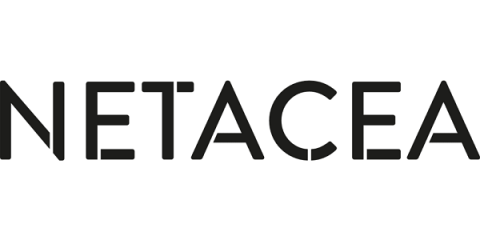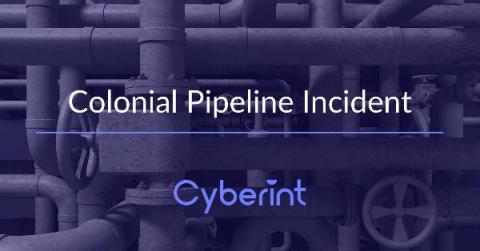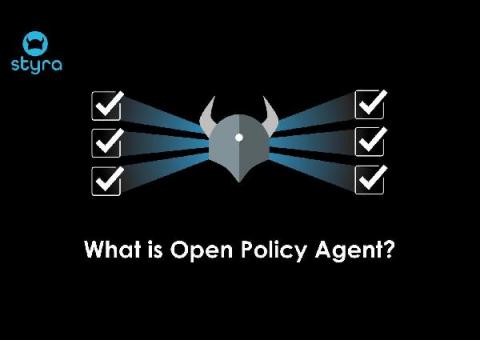The impact of bad bots on digital publishing platforms
Online digital publishing platforms have thrived in the new media age. The ability to publish an article detailing news from around the world, within minutes of it happening, has allowed publishers to give their customers exciting and up-to-date content 24 hours a day, 7 days a week. However, like many other online platforms, publishers are often the victim of cyber-threats. Specifically, malicious bots programmed to perform a variety of attacks such as scraping, content theft and ad fraud.











